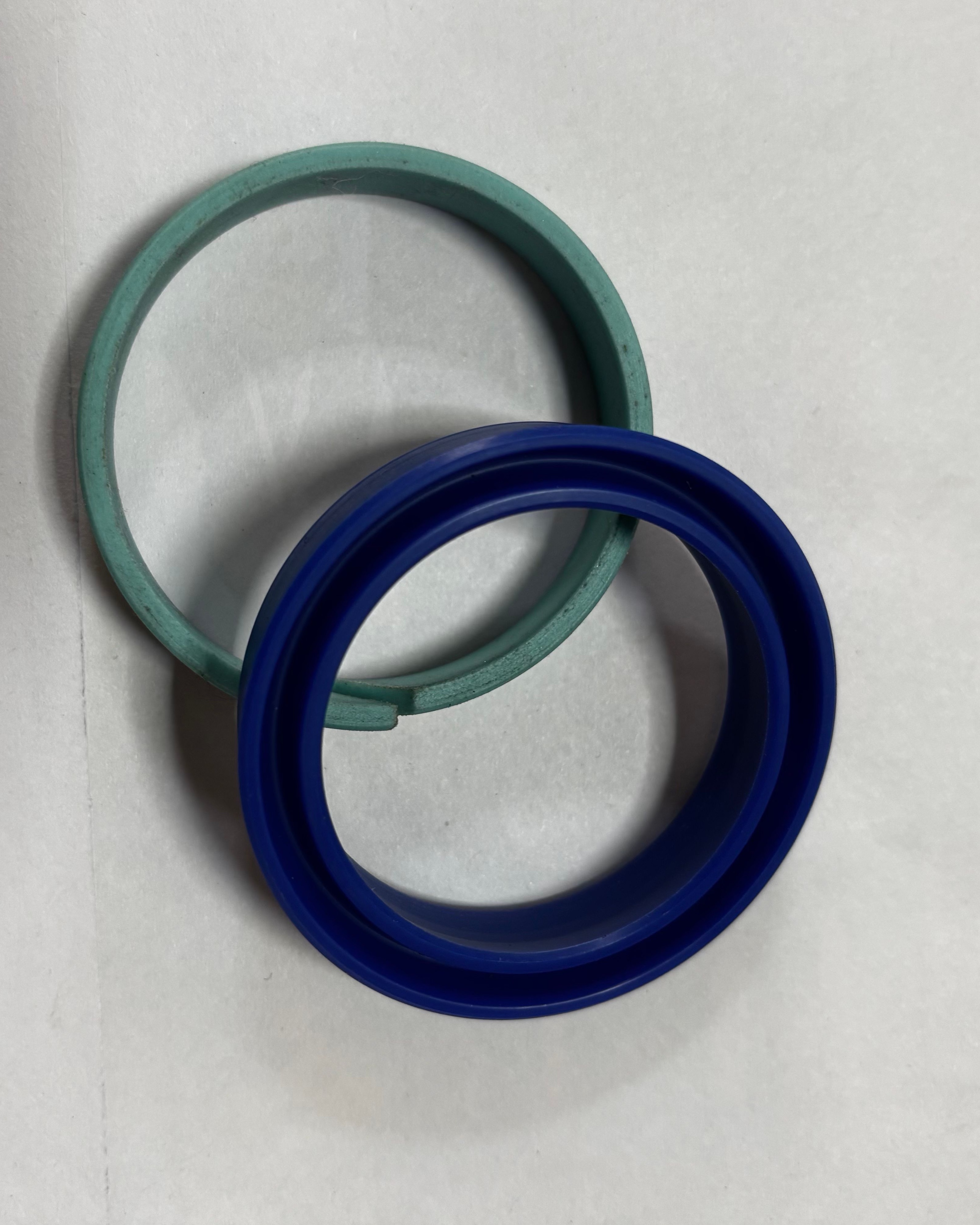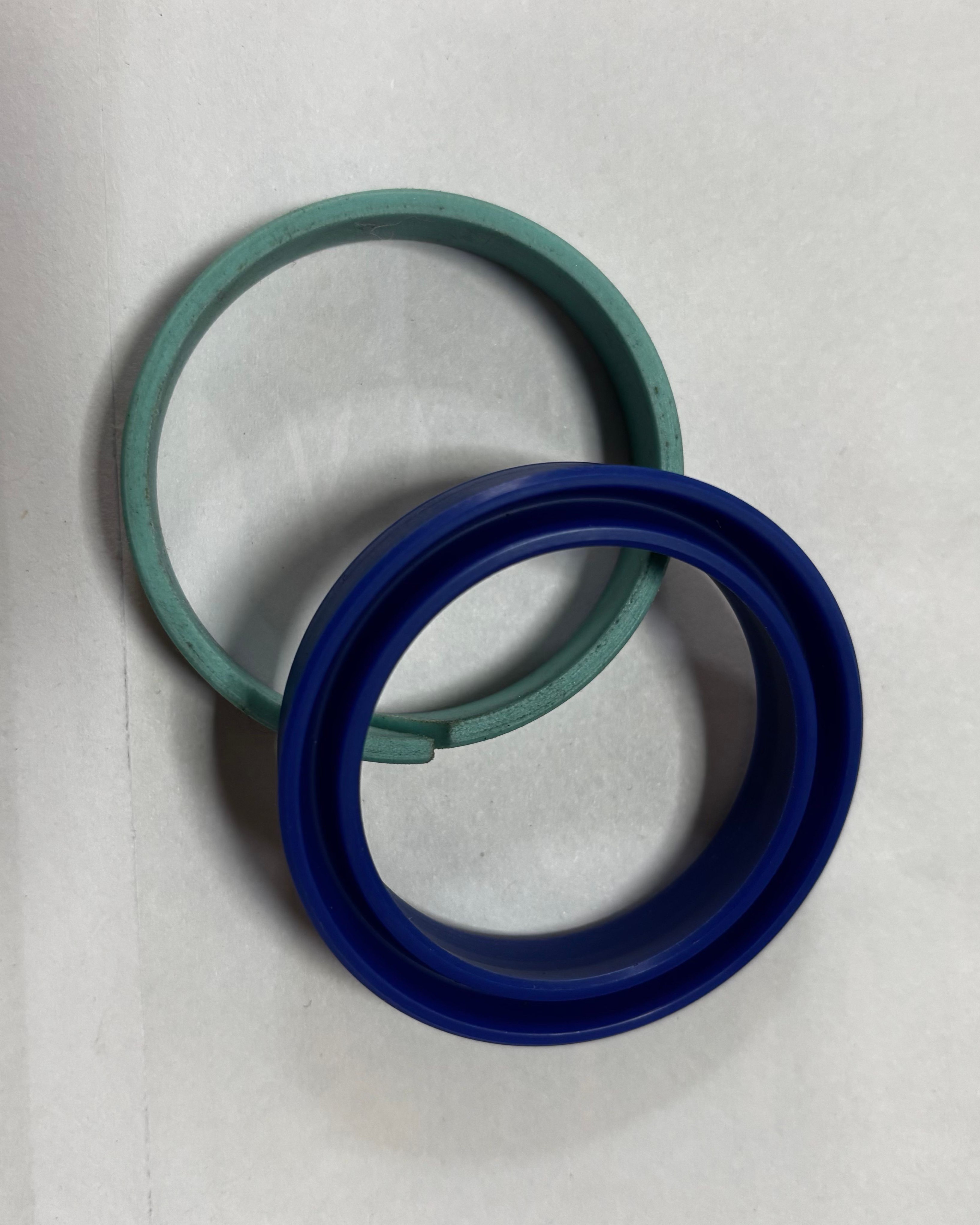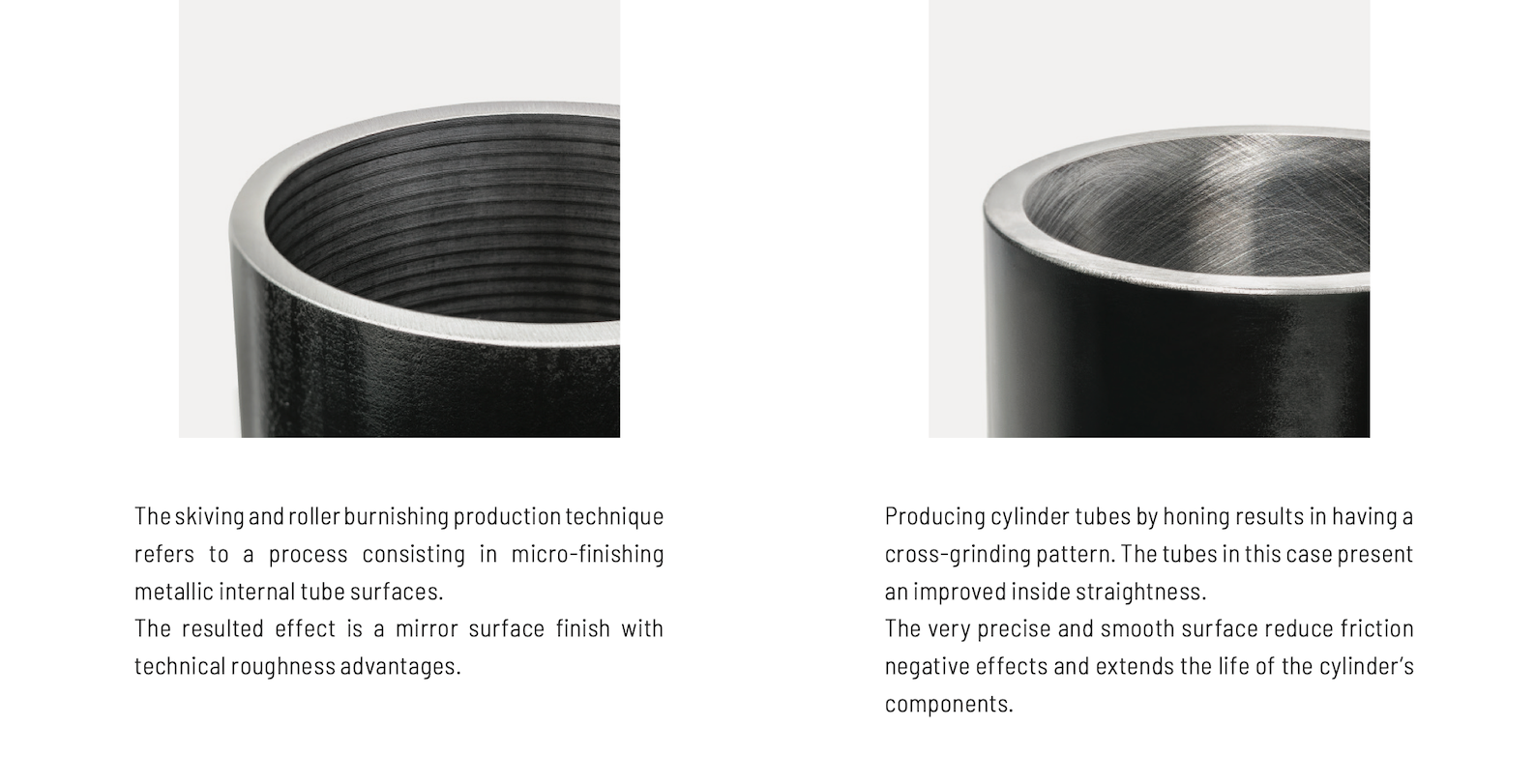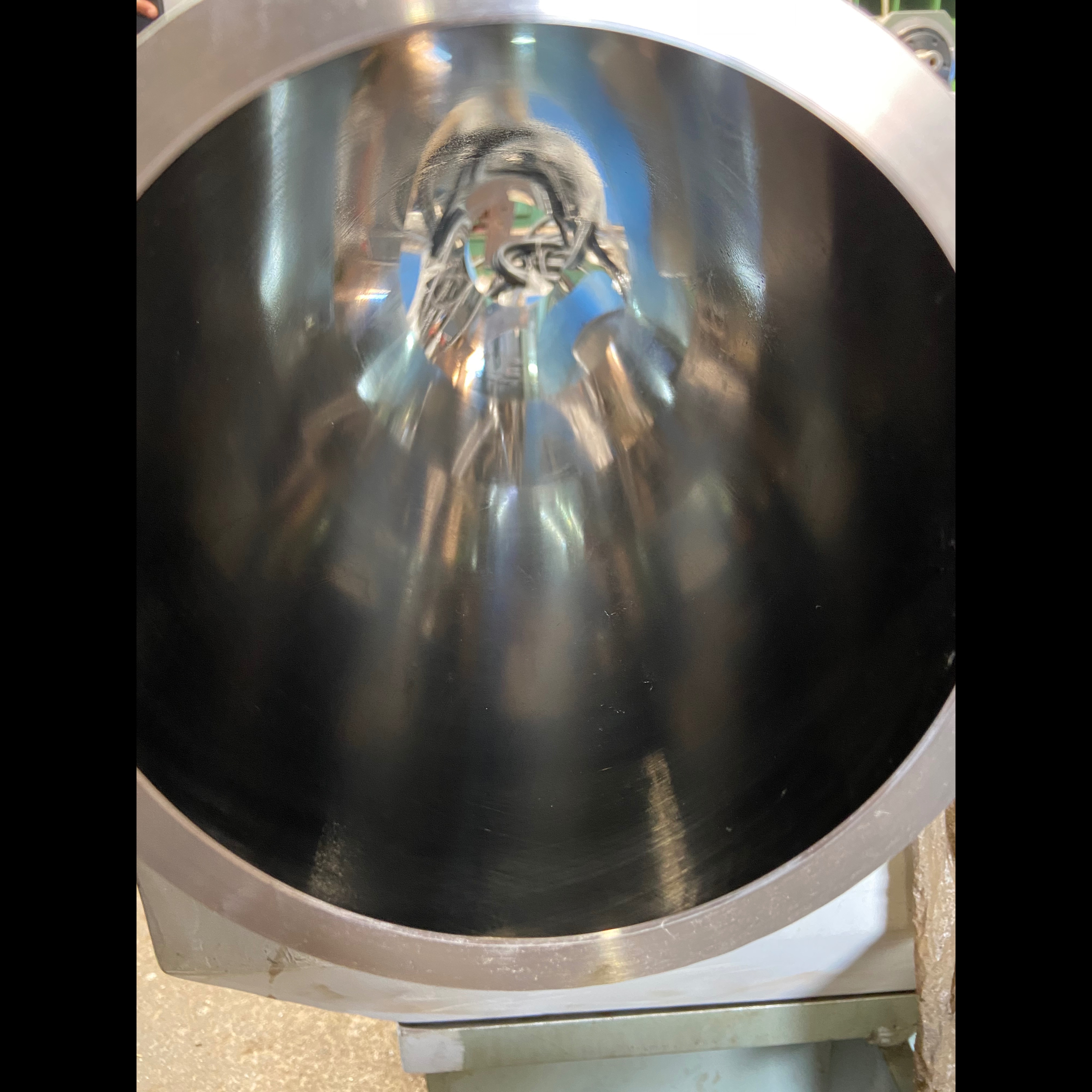"Maximizing Engine Performance with Gear Inner Diameter Honing"
Gear inner diameter honing is a critical process in maximizing engine performance and longevity. In this blog, we will explore the importance of honing, what it involves, and how to achieve the best results for optimized search engine performance.
What is Gear Inner Diameter Honing?
Honing is a precision machining process that involves using a honing tool to achieve a smooth, precise inner diameter surface on a gear. This process is necessary to ensure a proper fit between the gears and shafts, and to minimize friction, noise, and wear in the transmission system.
Why is Honing Important?
Accurate inner diameter measurements are crucial for ensuring proper gear meshing, which is critical for effective power transfer and longevity of the engine components. Honing also improves surface finish and roundness, which reduces friction and wear between gears. This, in turn, increases the life of the gears and reduces the risk of engine failure.
How to Achieve the Best Results
To achieve the best results with gear inner diameter honing, it is essential to follow best practices, including:
Proper tool selection: Choose the right honing tool for the job based on the material, geometry, and size of the gears.
Precision measurements: Use precision measuring tools, such as micrometers and dial indicators, to ensure accurate inner diameter measurements.
Consistent speed and feed rates: Maintain consistent speed and feed rates during the honing process to achieve a consistent, uniform surface finish.
Regular maintenance: Regularly inspect and maintain honing tools to ensure optimal performance and accuracy.
By following these best practices, you can achieve the best results with gear inner diameter honing and maximize the performance and longevity of your engine components.
Conclusion
Gear inner diameter honing is a critical process in maximizing engine performance and longevity. Proper honing techniques, tool selection, and maintenance are essential to achieving the best results. By implementing these best practices, you can ensure your engine runs smoothly and efficiently for many years to come
Keywords
job
turn
blog
size
wear
risk
life
noise
gears
shafts
material
geometry
friction
accuracy
roundness
longevity
many years
feed rates
Conclusion
proper fit
importance
micrometers
best results
honing tools
engine failure
honing process
best practices
dial indicators
critical process
Consistent speed
right honing tool
engine components
transmission system
optimal performance
proper gear meshing
Regular maintenance
Proper tool selection
Precision measurements
Proper honing techniques
effective power transfer
search engine performance
precision measuring tools
Gear inner diameter honing
precision machining process
Maximizing Engine Performance
consistent, uniform surface finish
Accurate inner diameter measurements
smooth, precise inner diameter surface



